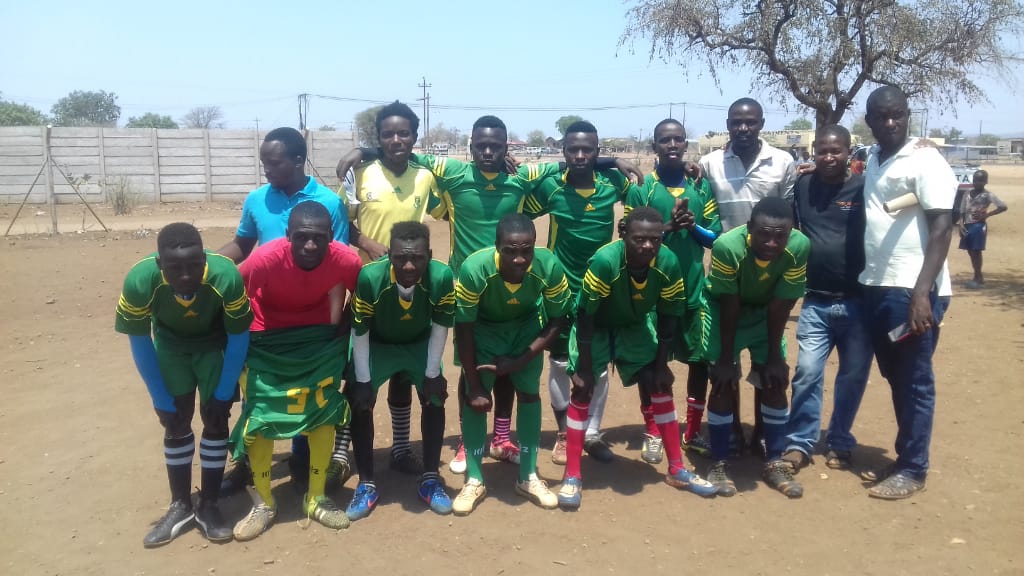
Panelists at a Media Centre organized Zoom Conference titled: Coming To Terms With The Pandemic And The Economy: The Case For Young Media Graduates, said media students must be awake to the advent of the internet, especially for purposes of gathering, and disseminating news and information.
This assertion is responding to the dominance associated with the internet in our everyday life as epitomized by its use especially this COVID-19 Lockdown era.
“The internet is here to stay and journalists must make use of the universal internet platforms that could enable them to share and disseminate news with a view to inform, educate, enlighten, encourage and advise the general citizenry in Zimbabwe,” remarked Mr. Mhlondolozi Ndlovu, a Journalist, and Media Activist.
Ndlovu further asserted that the internet as a source of news for a journalist has been now put to the fore by the advent of the COVID-19 Pandemic. Internet-based platforms such Twitter, Instagram, Myspace, Flicker, Telegram, Facebook, YouTube, and the most commonly Whatsapp are important sources of gathering life-changing information for communities. Therefore, we need to fully exploit the internet as it is the way to go.
“Journalists must acquire digital skills to ensure efficient and maximum usage of the internet to gather news hence it is important for journalists to familiarize themselves with the internet,” said Ndlovu.
Ndlovu further urged young media graduates to read widely about their interests on the internet.
He said journalists need to be wary about digital media vultures who are out to exploit the internet to disseminate news and information. He, however, warned journalists about promoting media pessimism and also urged them to appreciate that there is cyber realism.
Another panelist Ms. Lorraine Guyo said that ‘’the internet has so much power to influence people’s thinking particularly using social media platforms”. Guyo however, bemoaned the fact that young journalists abuse social media platforms through fake news and watching pornography.
During the question and answer session, one Mr. Tanatsiwa Dambuza sought to know how journalists could report on issues without “fear, favor, or victimization.”
Ndlovu responded by saying: “The Zimbabwean Constitution provides for freedom of expression, access to information, and media freedom, hence journalists ought to responsibly report on issues affecting the general populace on COVID-19 and other issues.
Another question came from Mr. Leonard Mabasa of Buhera Residents Network Trust (BRNT), who bemoaned a lack of coverage of marginalized communities by the mainstream media.
Ndlovu concurred with Mabasa and said communities must guard against marginalization by inclusion or marginalization by exclusion.

